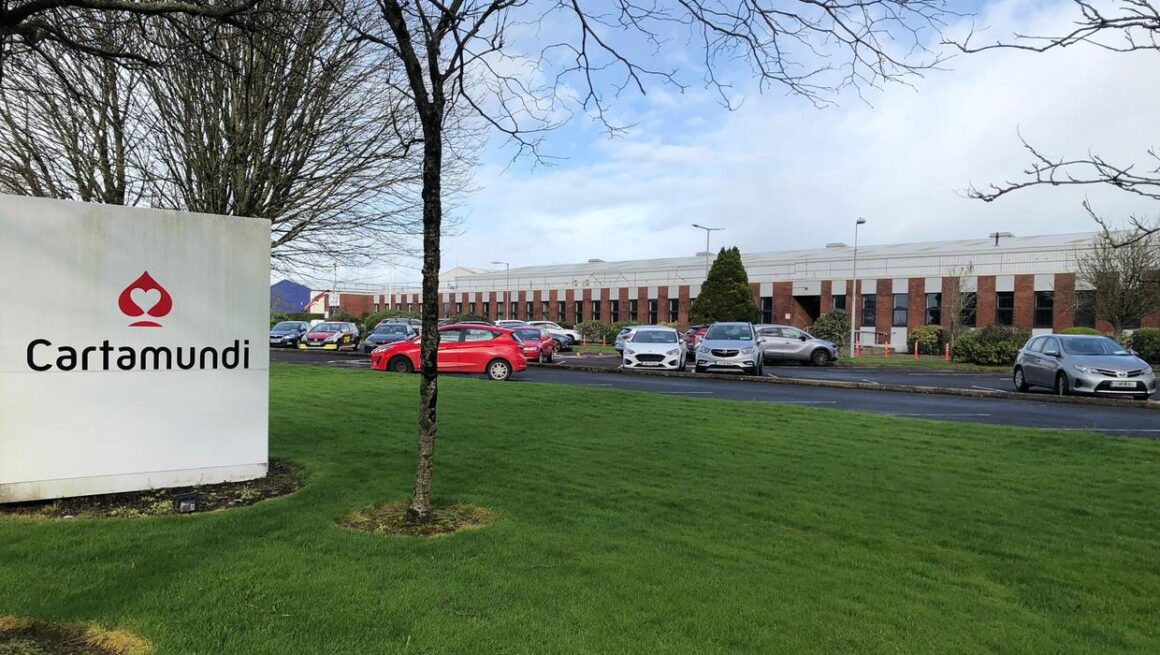By Conor Burke
Board game manufacturer Cartamundi, who received over €30 million in dividends from the Irish state in recent years, has decided to shut down its operation in Waterford with the loss of over 230 jobs. Company accounts for Cartamundi Ireland Ltd, which were signed off on only last October, described a profitable and cash generative business, which paid out €5.7 million in dividends to its parent company in 2022 alone despite a slight decline in profits – due to increased manufacturing costs associated with inflation and high energy costs.
The factory in Waterford has been in operation since 1977, initially as MB Games which was later acquired by Hasbro in 1984 with Cartamundi taking over the facility in 2015. This factory has been a profitable enterprise throughout its existence. It made record profits throughout the pandemic as sales of board games and card games soared.
This is a prime example of the failure of the private market: hundreds of workers who are generating millions in profits annually, can be thrown on the scrapheap at a moment’s notice simply because private investors and shareholders want to pull out and invest elsewhere in the hope of even higher profits.
Workers’ control and management
The Socialist Party calls on the state to nationalise this factory, save these jobs and maintain manufacturing at the Waterford facility. There is a demand for the goods being produced, and therefore the state should assume control, with the workforce democratically taking over the management. In this way the factory can continue, or even be repurposed to utilise the skills and equipment in the factory to provide other goods needed in society.
SIPTU, the trade union representing the workers, should be fighting to maintain these jobs. Unfortunately, SIPTU accepts the distorted logic of the free market that hands all power to the bosses and private shareholders and leaves workers in these situations scraping the barrel for redundancy payments.
The logic of the market is always the logic of what’s in the interests of capitalists, which is never really in the interests of workers – even when a company is profitable workers can be shafted on a whim. This is why workers and unions need to build a fighting movement to defend jobs, even if that means rejecting the model of private ownership, and putting the needs of workers, communities and wider society first.












